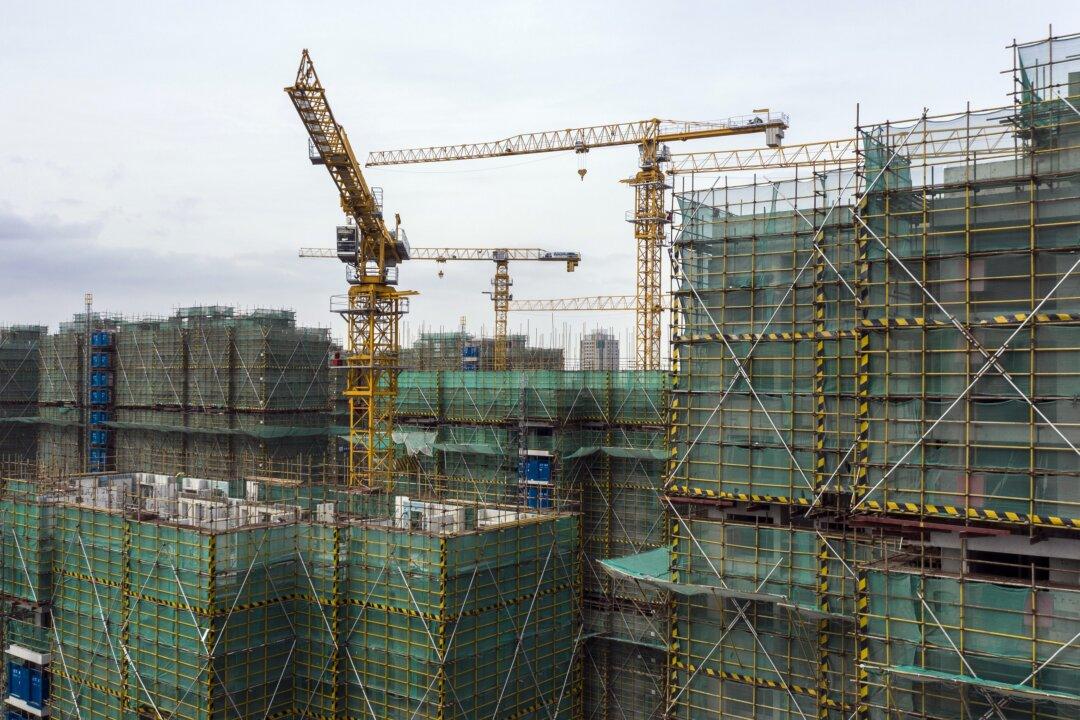Commentary
China’s real estate woes and recent regulatory crackdowns on the financial sector indicate the country is facing an economic crisis.

China’s real estate woes and recent regulatory crackdowns on the financial sector indicate the country is facing an economic crisis.